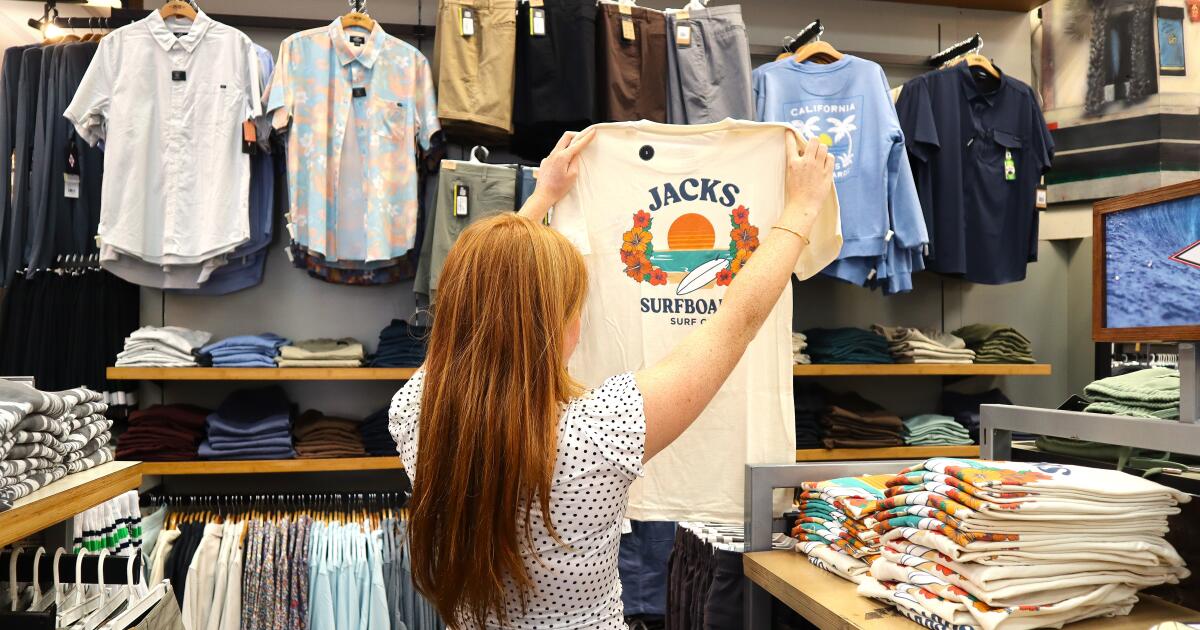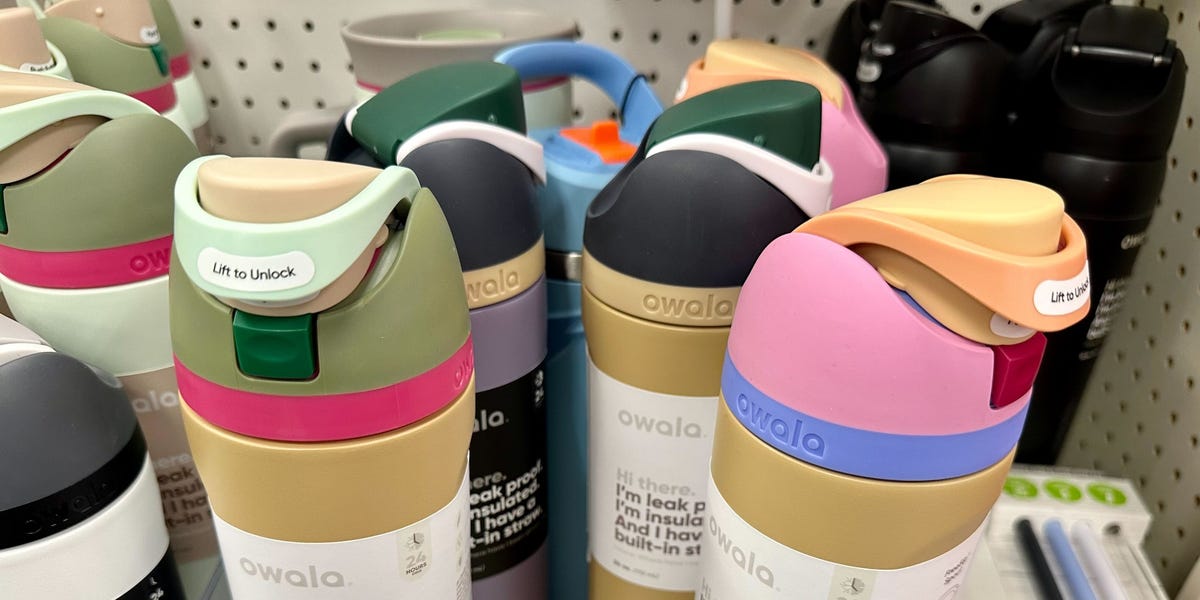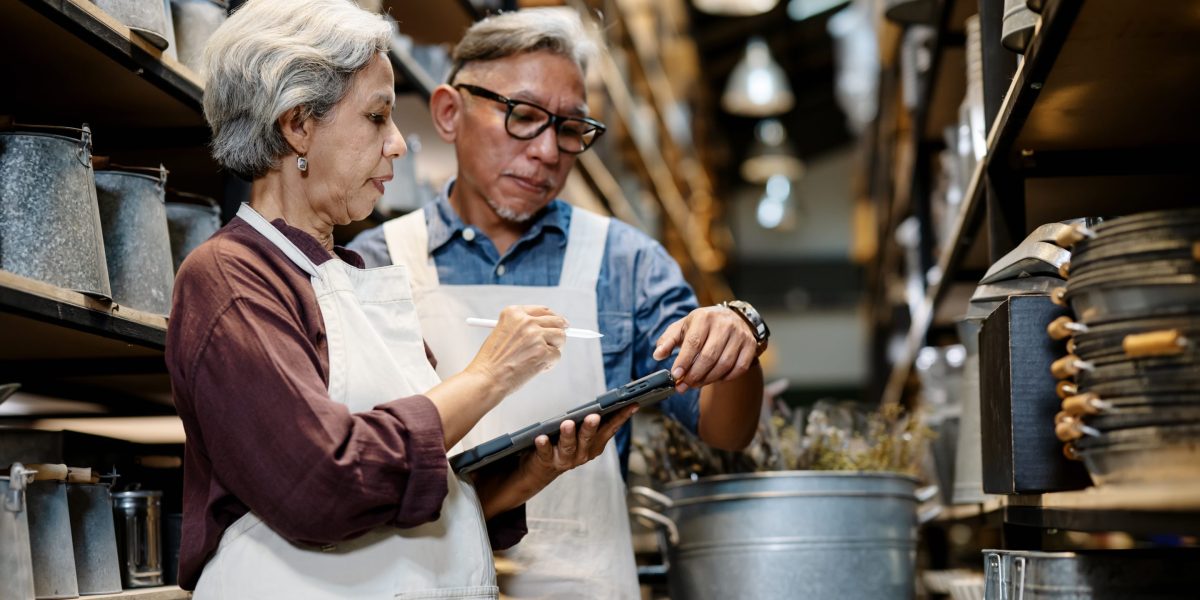From Campus Chaos to Startup Success: How Huntington Beach High's 'BaD' Program Transforms Teen Entrepreneurs

At Huntington Beach High School, students in the innovative Business and Design program are transforming classroom learning into real-world entrepreneurial experiences. This dynamic program goes beyond traditional education by empowering teenagers to create, develop, and market their own business concepts through hands-on projects and exciting collaborations with local industry leaders.
A prime example of this immersive learning approach is the school's partnership with iconic local business Jack's Surfboards. Students get the unique opportunity to work alongside seasoned professionals, gaining practical insights into business strategy, design principles, and marketing techniques. By engaging directly with established businesses, these young entrepreneurs learn to transform creative ideas into viable commercial ventures.
Through carefully designed projects, students develop critical skills in business planning, product development, branding, and market analysis. They don't just study business theory—they live it, creating authentic experiences that prepare them for future professional challenges. The program not only teaches technical skills but also fosters creativity, problem-solving, and collaborative teamwork.
Huntington Beach High's Business and Design program is more than just a class; it's a launchpad for young innovators ready to make their mark in the competitive business world.








